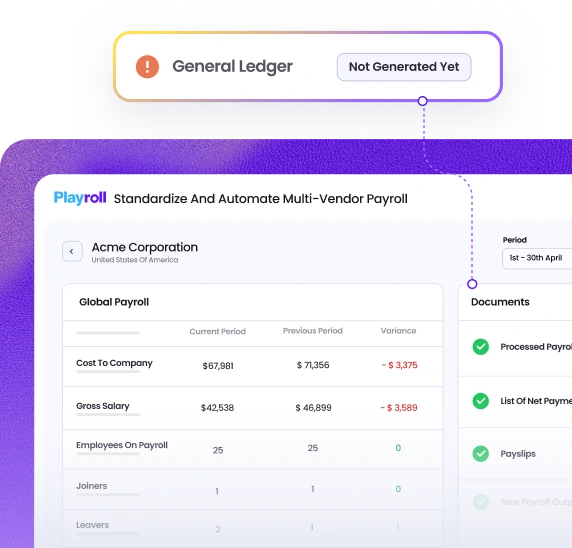What is a Good Salary in Arkansas?
What is considered a 'good' salary can vary based on factors like location, lifestyle, and industry. A salary in the range of $50,000 to $70,000 is generally considered comfortable for a single person in Arkansas. High-paying fields like healthcare and technology can offer salaries reaching up to $120,000 or more, while more common roles such as customer service representatives typically earn around $32,000 annually.
Average Salary by Cities in Arkansas
The cost of living can vary widely from one city to another, and that impacts both how far salaries stretch and what professionals expect in terms of pay. Cities with higher living costs – like those with hot housing markets or tech hubs – tend to have higher salary expectations.
Familiarizing yourself with the average salary ranges per location can help you plan better and make sure your compensation packages are in line with local expectations to attract and retain top talent. Here’s a quick look at salary ranges across different cities in Arkansas, to get a sense of competitive salaries based on local factors:
| City | Monthly Salary | Annual Salary |
|---|
| Little Rock | $5,473 | $65,676 |
| Fort Smith | $4,231 | $50,772 |
| Fayetteville | $5,390 | $64,688 |
| Springdale | $4,450 | $53,404 |
| Jonesboro | $4,127 | $49,533 |
Salary Earnings Based on Experience Level in Arkansas
Salaries naturally increase with experience – this applies to both new hires and existing team members. When planning for new positions, it's important to consider how salary ranges change at different seniority levels. This will help ensure you're meeting salary expectations, retain employees and create a fair working environment.
Here’s a breakdown of how monthly and annual salary ranges grow with experience in Arkansas:
| Experience Level | Monthly Salary | Annual Salary |
|---|
| Entry-Level Jobs (0-2 years experience) | $3,842 | $46,107 |
| Mid-Level Jobs (3-5 years experience) | $5,972 | $71,665 |
| Senior Roles & Managers | $6,446 | $77,359 |
| Executive & C-Level | $6,691 | $80,293 |
Average Salaries by Job Title in Arkansas
Building a competitive compensation package means knowing what the going rate is for specific roles. We’ve compiled the most recent salary data by job title for Arkansas, making it easier for you to compare roles, match your offers with the market, and make sure your team is paid fairly.
| Job Title | Monthly Salary | Annual Salary |
|---|
| Truck Drivers | $4,583 | $55,000 |
| Registered Nurses | $5,417 | $65,000 |
| Retail Sales Workers | $3,667 | $44,000 |
| Food Preparation and Serving Related Occupations | $2,417 | $29,000 |
| Building and Grounds Cleaning and Maintenance Occupations | $2,583 | $31,000 |
Highest Paying Jobs in Arkansas
- Neurological Surgeon: $330,762/year | $27,563/month
- Preventive Medicine Physician: $330,762/year | $27,563/month
- Transplant Surgeon: $330,762/year | $27,563/month
- Pediatric Dermatologist: $330,762/year | $27,563/month
- Pediatric Radiologist: $330,762/year | $27,563/month
- Certified Registered Nurse Anesthetist (CRNA): $144,974/year | $12,081/month
- Clinical Physician Assistant: $148,277/year | $12,356/month
- Family Practitioner: $139,210/year | $11,601/month
- Emergency Medicine Specialist: $136,198/year | $11,350/month
- Engineering and Operations Director: $135,920/year | $11,327/month
Monthly Cost of Living in Arkansas
In Arkansas, the cost of living is well below the national average, making it one of the more affordable states in the U.S. Housing expenses are 26% lower than the national average, offering affordable options for both renters and homeowners. Utility costs are also significantly lower, around 11% below the national average, contributing to overall savings. Transportation expenses, including gas prices and public transit, are about 4% lower than the national average, making travel more affordable for residents.

Median Home Price
$256,300

Energy Bill
$131.13
/ month
Compliant, In-State Payroll Processing in the U.S. with Playroll
We cut payroll processing time by 80%, ensure full compliance, and provide hands-on support for both employers and employees.
-

Local, state-accurate payroll execution
-

Consolidate payroll inputs and variance reporting
-

State-specific compliance, taxes, and filings built-in







.svg)
.svg)
.svg)








.svg)



.png)
.webp)
.webp)








.svg)